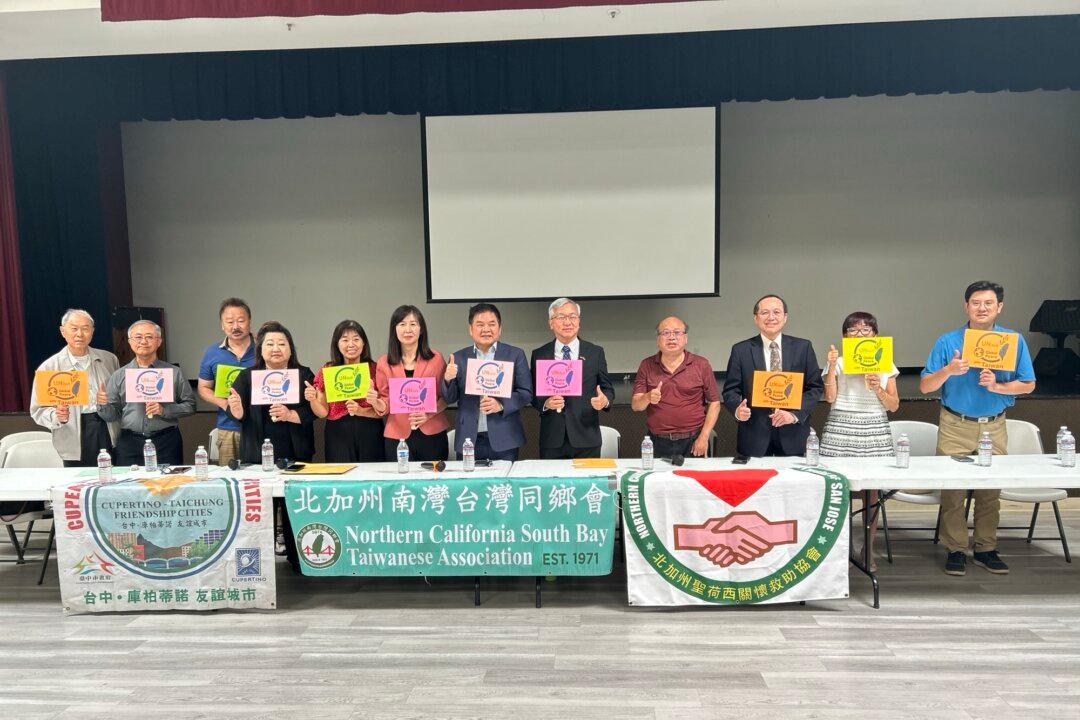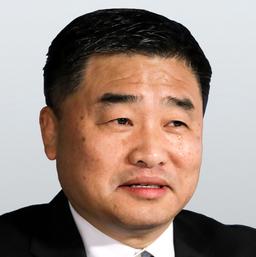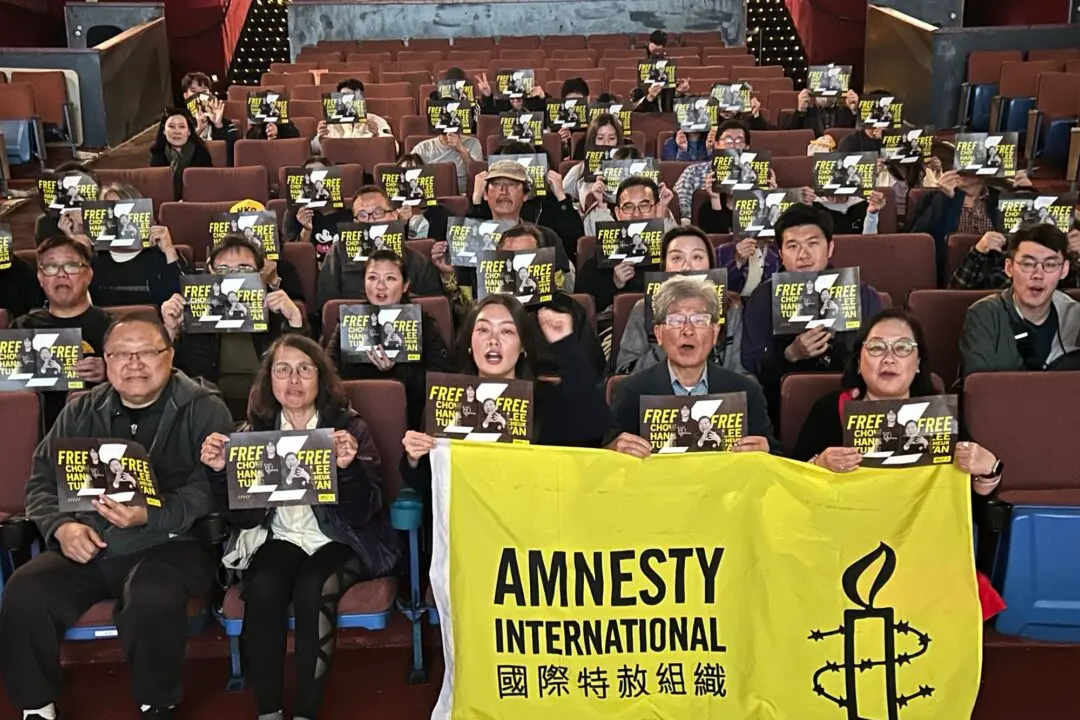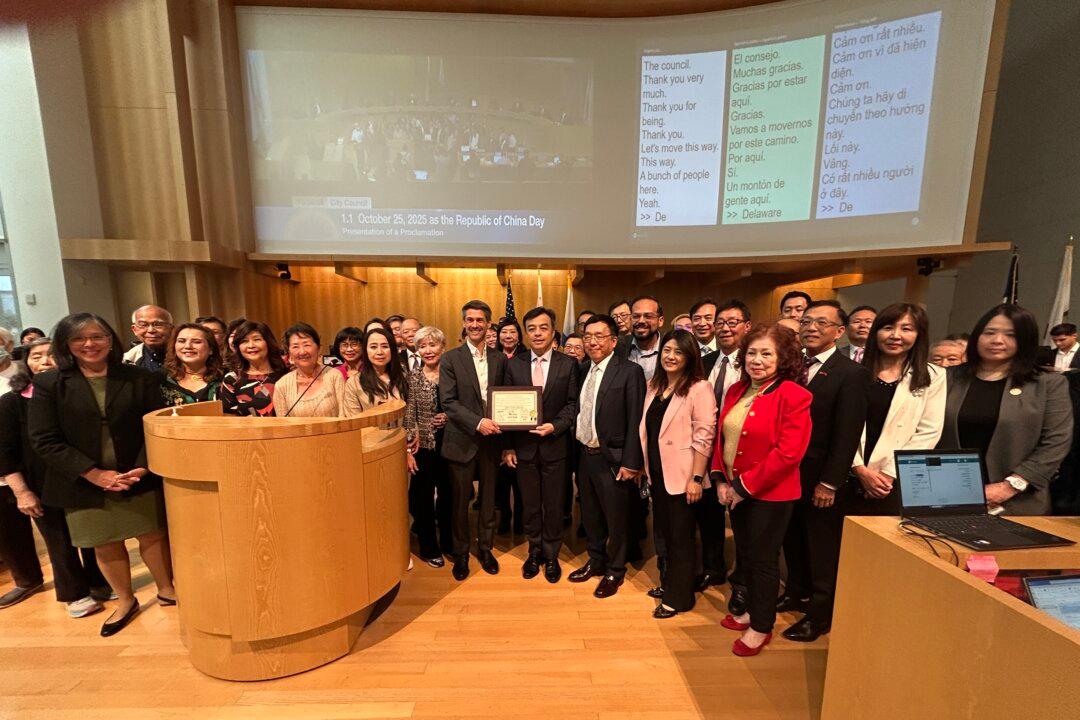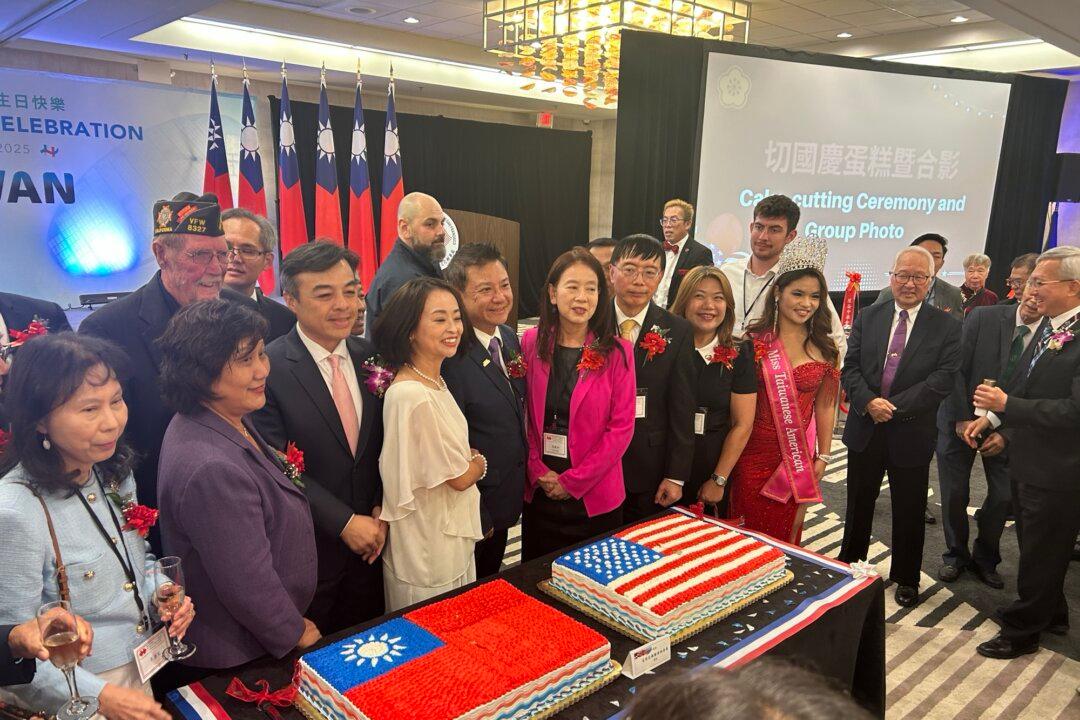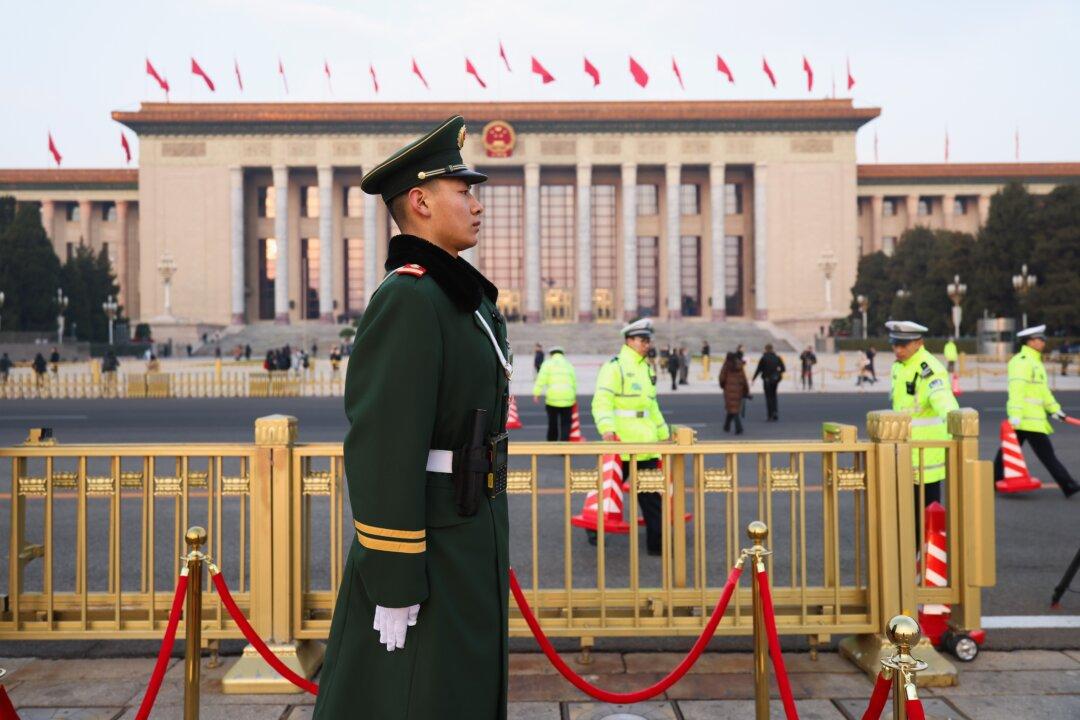A Taiwanese legislator reiterated that Taiwan is an independent nation from China at a panel in California.
Ahead of this year’s United Nations General Assembly, Taiwanese Americans in the San Francisco Bay Area held a rally and community panel on Aug. 10, calling for Taiwan’s membership in the global body. The 79th Session of the U.N. General Assembly is scheduled to take place from Sept. 10 to 24 in New York.
